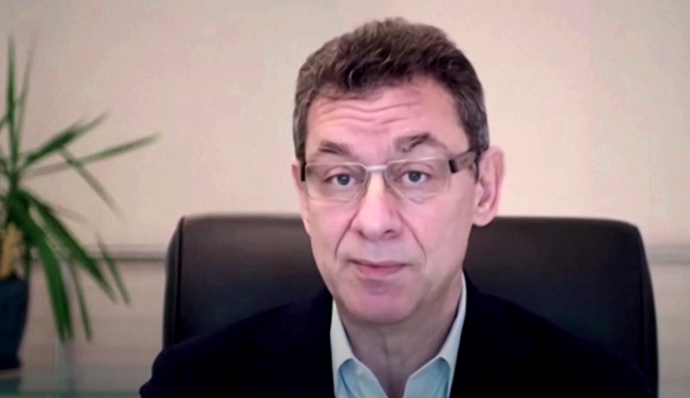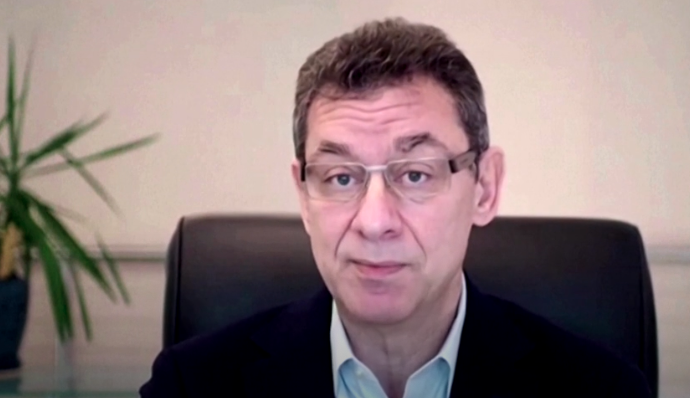- Pfizer (NYSE: PFE) and BioNTech (Nasdaq: BNTX) have submitted phase 1 data to the US regulator on a third ‘booster shot’ of their COVID-19 vaccine
- The data submitted to the Food and Drug Administration (FDA) shows a third dose of the vaccine elicits a higher antibody level
- At this stage, a third dose of the Pfizer-Biontech vaccine is not authorised in the US, except for people with certain immunocompromising conditions
- While some countries have begun administering or discussing booster shots, millions of people in lower-income countries are waiting for their first jab
- PFE shares gained 0.89 per cent to close at US$48.91, while BNTX dipped 9.07 per cent to US$343.1 on Monday, August 16, 2021
Pfizer (NYSE: PFE) and BioNTech (Nasdaq: BNTX) have submitted phase 1 data to the US regulator on a third ‘booster shot’ of their COVID-19 vaccine.
The safety and immunogenicity data submitted to the Food and Drug Administration (FDA) shows a third dose of the vaccine improves immunity according to Pfizer CEO and Chairman Albert Bourla.
“Vaccination is our most effective means of preventing COVID-19 infection – especially severe disease and hospitalization – and its profound impact on protecting lives is indisputable,” Mr Bourla said.
“Still, with the continuing threat of the Delta variant and possible emergence of other variants in the future, we must remain vigilant against this highly contagious virus.”
Striving to stay one step ahead of the virus and its variants was a theme echoed by BioNTech CEO, Managing Director and Co-founder Ugar Sahin.
“This initial data indicate that we may preserve and even exceed the high levels of protection against the wild-type virus and relevant variants using a third dose of our vaccine,” he said.
“A booster vaccine could help reduce infection and disease rates in people who have previously been vaccinated and better control the spread of virus variants during the coming season.”
Pfizer and Biontech expect to submit phase 3 results from the clinical program to the FDA, the European Medical Authority and other regulators shortly.
At present, a third dose of the Pfizer-Biontech vaccine is not authorised in the US, except for a recent amendment to the Emergency Use Authorisation, allowing people with certain immunocompromising conditions to receive a booster.
Following the news of the submission on Monday, PFE shares gained 0.89 per cent to close at US$48.91, while BNTX dipped 9.07 per cent to US$343.1.
Much of the world remains unvaccinated
While some countries have begun administering or discussing booster shots, millions of people in lower-income countries are waiting for their first shot.
Earlier this month, World Health Organisation Director-General Tedros Adhanom Ghebreyesus called for a moratorium on booster shots until at least 10 per cent of every country’s population is vaccinated.
“I understand the concern of all governments to protect their people from the Delta variant. But we cannot accept countries that have already used most of the global supply of vaccines using even more of it,” he said.
“We need an urgent reversal from the majority of vaccines going to high-income countries to the majority going to low-income countries.”
Countries such as the United Arab Emirates, Israel, Germany and the US have fully vaccinated more than half their populations, and have all commenced or are discussing administering vaccine booster shots.
Yet there are dozens of countries, predominantly in Africa, where fewer than 10 per cent of the population has received even one dose of a COVID-19 vaccine. For some of these countries, the challenges of the rollout are compounded by additional public health, political or security challenges.
Guinea for instance has been able to administer at least one dose of a coronavirus vaccine to only 4.8 per cent of its population. It has also juggled an Ebola outbreak earlier this year and more recently its first-ever case of Marburg.
While Haiti only received its first vaccines a month ago, and the Caribbean nation is now also juggling a political transition in the wake of the assassination of President Jovenel Moïse and the aftermath of a deadly 7.2-magnitude earthquake.







